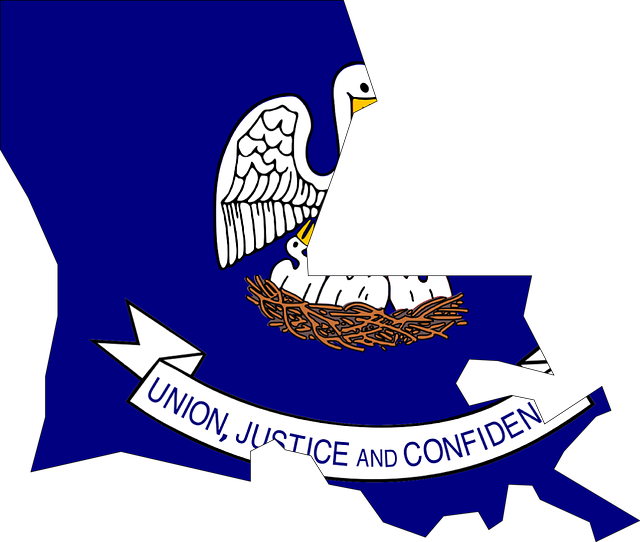Share This Article:

Could Burned Oil Workers Bypass Louisiana’s Workers’ Comp Exclusive Remedy Rule?
21 May, 2025 Chris Parker

What Do You Think?
Establishing intentional tort for a work-related injury is a bit like finding oil in the backyard. It’s really unlikely. A case involving two oil refinery workers who were tragically burned on the job shows the type of employer conduct that may or may not allow a worker's personal injury case to go to trial.
The two employees were severely burned in 2019 when hot steam condensate spewed from a nearby steam vent. There were similar vents throughout the sprawling facility, which comprised 1,000 acres and had 1,200 employees running it 24 hours per day. The accident was likely the result of a clog in the piping.
The employees sued the company for personal injuries, saying the company knew about past incidents but failed to repair the equipment. They argued that the intentional tort exception to the workers’ compensation act’s exclusivity rule applied.
Similar accidents had happened before, the employees said. They pointed to a handful of incidents at the facility and at other company facilities involving similar equipment that occurred between 2010 and 2017. Some of those incidents resulted in injuries.
The company said the court should throw out the case, because the company didn’t intend to injure anyone.
Workers’ compensation is generally the only remedy for an employee injured at work. In other words, the employee can’t sue for negligence or some other tort if the company has workers’ compensation coverage. There’s an exception, however, when the injury resulted from an intentional act.
To show the exception applies, the worker must prove that the employer:
- Consciously desired the physical result of its act, whatever the likelihood of that result happening from its conduct; or
- Knew that the result was substantially certain to follow from its conduct, whatever its desire may be as to that result.
Was the injury substantially certain to result from the company’s failure to make repairs?
A. No. There was no history of the specific vent here malfunctioning.
B. Yes. The prior incidents should have put them on notice that someone would get burned again in a similar situation.
If you selected A, you agreed with the court in Zamora v. Equillon Enterprises, LLC, No. 24-CA-507 (La. Ct. App. 04/15/25), which held that the employees didn’t meet the strict standard for establishing an intentional tort.
The employees never showed that the particular piece of equipment that injured them had any history of releasing hot condensate without warning. Further, the other incidents didn’t even involve this exact type of equipment, and some did not result in injury.
While the employees showed the company had some knowledge of prior incidents with similar circumstances, that wasn’t enough to establish intentional injury.
“What plaintiffs have shown is that Equilon knew about prior incidents relative to different equipment with similar but different design features and in different locations of this and another … plant,” the court said.
Given the scope of the company’s operations, a handful of similar incidents over the course of several years didn’t show that it was "substantially certain" that the particular vent in this case would get clogged, release condensate, and injure someone.
The court affirmed the dismissal of the case.
AI california case file caselaw case management case management focus claims compensability compliance compliance corner courts covid do you know the rule employers exclusive remedy florida glossary check Healthcare hr homeroom insurance insurers iowa leadership medical NCCI new jersey new york ohio pennsylvania roadmap Safety safety at work state info tech technology violence WDYT west virginia what do you think women's history women's history month workers' comp 101 workers' recovery Workplace Safety Workplace Violence
Read Also
About The Author
About The Author
- Chris Parker
More by This Author
Read More
- Feb 22, 2026
- Frank Ferreri
- Feb 21, 2026
- Frank Ferreri
- Feb 21, 2026
- Chriss Swaney
- Feb 19, 2026
- Liz Carey
- Feb 19, 2026
- Anne Llewellyn
- Feb 19, 2026
- Frank Ferreri




